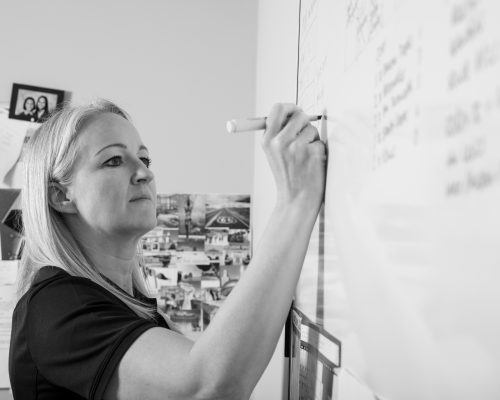When you educate yourself, financial mastery is rather easier than it seems
When running a company, managing money is the most important skill you need to learn. You’ll need to break away from the cycle of misspending and start budgeting and saving. Every business, whatever the size, is always concerned about that one thing: financial stability.
Effective financial management is vital to surviving an unstable economy and the industry competition. As a business owner, you need to exercise care in your financial decisions from the very start. You need a solid financial structure that generates a profit to stay dependable.
Keep yourself always informed
It really helps when you start to educate yourself about the many aspects of finance. As a start, you might want to learn how to read financial statements — that is, if you don’t already know how. This is one significant statement that tells you all about your money — where it came from, what happened to it, and where it is.
There are only four critical facets of financial statements that you need to look at: cash flow statement, income statement, balance sheet, and statement of shareholders’ equity. Once you understand these concepts with mastery, it will be easier for you to make financial decisions in the future.
Being organised goes a long way
When you are organised, you are able to track every aspect of your finances. Business owners must keep a record of all of their financial information in one place so they can refer to it and keep track of their growth. When you chronicle all of your financial data, you may want to use categories. For instance, when you are recording your current costs, you can categorise them as “urgent” or “future.” Not only will this structure help you stay on top of your personal finances, but it’ll prepare you for business success because it’s a directly transferable skill.
When there’s an opportunity to save, grab it
Most business owners do not like the concept of cutting back. In fact, however, there are several effortless ways to save. First, take a look at your daily practices and see if you have any spending trends. It is also important that you stay tight-fisted to keep your expenses in check without jeopardising client satisfaction. Every business sustains two types of costs: fixed and variable. While fixed costs have to be borne regardless of whether your business is making profit or not, there are always opportunities for saving money in variable costs.
Your financial goals should both be short-term and long-term
As a Business Coach, I’ve noticed that business owners often want to reach their goals in as little time as possible. It’s like those articles in health magazine that teach you how you can attain a good, healthy body in just a couple of weeks. As much as these crash diets are often ineffective, financial management strategies that aim to make you rich as soon as possible are often lacking in substance.
It can be difficult to accept that your financial goals will take time to realise. This is why you need to create short- and long-term goals for your business. These goals need to be specific, measurable, attainable, relevant and time-based. Achieving your short-term goals will give you the positive energy and feedback that you need to continue working towards your long-term goals.
Don’t hesitate to seek professional guidance
If you take your personal finances and entrepreneurial finances seriously, you need to make sure you’re doing the right things before it’s too late. When it comes to running a business, one thing is certain: at times, it will feel like you can’t keep up with everything. Financial management can be difficult, and it’s not an uncommon feeling for you to become overwhelmed.
Work with a Business Coach like me so you can reach the full potential of your company by learning how to master your finances and other aspects of your business. My extensive clientele consists of companies based in all of the Midlands including Leicestershire, Derbyshire, Nottinghamshire and Staffordshire. Discover how REACH Business Coaching can help you grow your business by attending our free workshops and seminars.
For schedules and more information, visit our Events page.
Subscribe to this blog to get updates on the newest Business Coaching articles!

Guaranteed Investment
Everything I do is bound by my SOLID GOLD GUARANTEES. Regardless of which programme we work on, if you do what you said you were going to do, when you were going to do it, you will get a return on investment guaranteed. If not, then I will refund you the difference. Yes, I am guaranteeing your investment. I’m totally confident in what I do, the rest is up to you...



